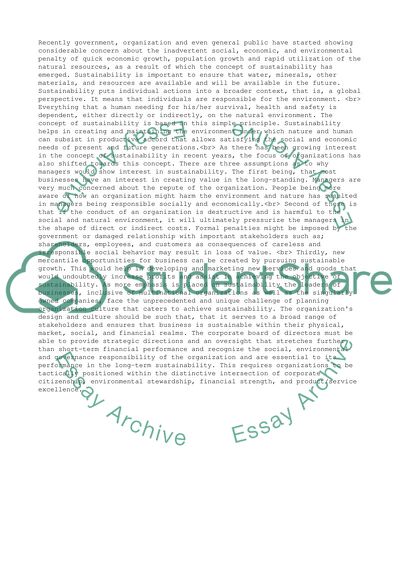Cite this document
(“Organisation Theory and Behaviour Essay Example | Topics and Well Written Essays - 2250 words”, n.d.)
Retrieved from https://studentshare.org/business/1433026-this-module-is-called-organisation-theory-and
Retrieved from https://studentshare.org/business/1433026-this-module-is-called-organisation-theory-and
(Organisation Theory and Behaviour Essay Example | Topics and Well Written Essays - 2250 Words)
https://studentshare.org/business/1433026-this-module-is-called-organisation-theory-and.
https://studentshare.org/business/1433026-this-module-is-called-organisation-theory-and.
“Organisation Theory and Behaviour Essay Example | Topics and Well Written Essays - 2250 Words”, n.d. https://studentshare.org/business/1433026-this-module-is-called-organisation-theory-and.


